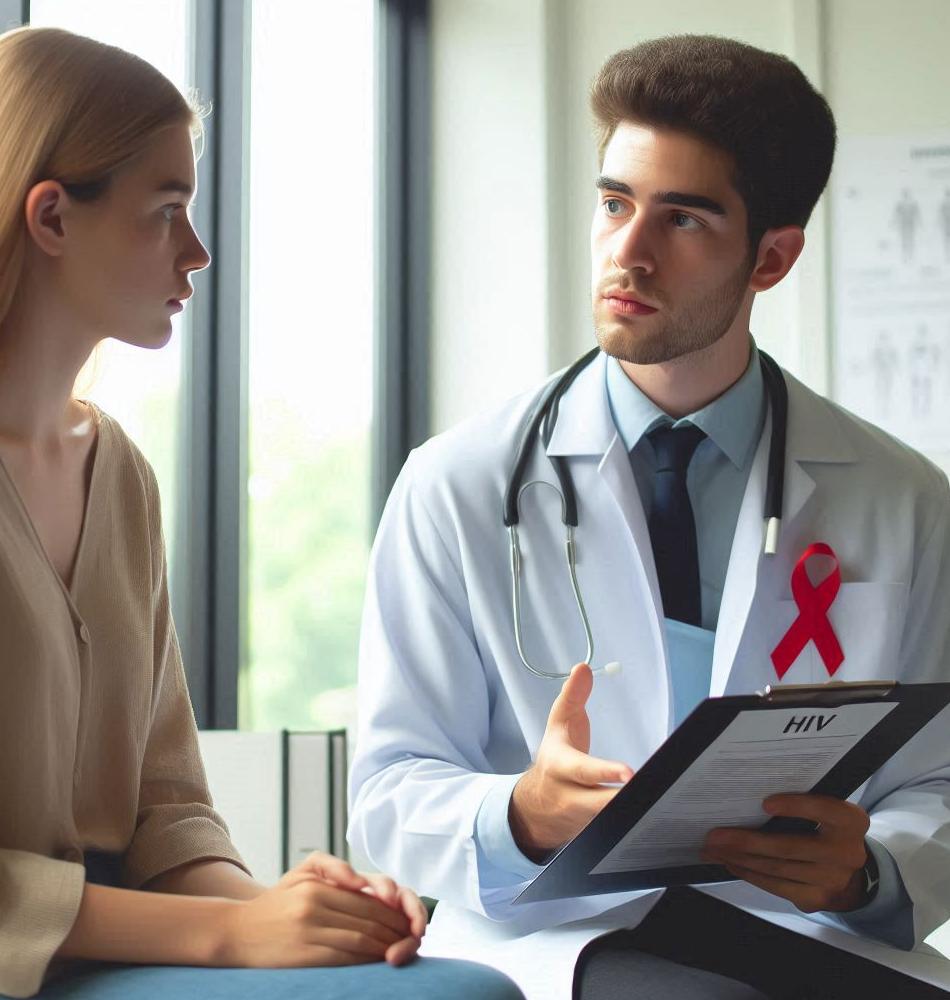Acquiring knowledge about HIV, especially its early symptoms can often feel overwhelming. When it comes to acute HIV infection, misconceptions abound, and clarity can often feel like a distant dream. In this enlightening article, we will peel back the layers and take a closer look at how bad acute HIV symptoms can be, what to watch for, and what steps you can take if you suspect you may have been exposed to the virus.
Understanding Acute HIV Infection 🌟
Acute HIV infection is the initial stage that occurs within two to four weeks after the virus enters the body. This stage is characterized by a range of symptoms that mimic those of other viral infections. Understanding how bad these symptoms can be is essential for early detection and management.
Initial Signs and Symptoms 🚨
The acute phase of HIV can be tricky because its symptoms are often mistaken for the flu or other viral infections. Here is a list of common symptoms:
- Fever or chills
- Fatigue
- Swollen lymph nodes
- Sore throat
- Rash
- Muscle and joint aches
- Headache
- Nausea or vomiting
How Severe Can These Symptoms Get? 😷
The severity of acute HIV symptoms varies from person to person. While some individuals may experience mild discomfort, others may face debilitating symptoms that can disrupt daily life. The symptoms generally peak within a few days and can last for weeks, making it crucial to be aware of these signs.
The Timeline of Symptoms ⏰
Acute HIV symptoms generally follow a specific timeline:
1. **Week 1:** Symptoms may start to appear, often resembling a common cold or flu.2. **Week 2:** Symptoms usually peak during this period, and for some, it can lead to significant health issues like dehydration or persistent fever.3. **Week 3:** Most symptoms begin to taper off but may linger in some individuals.4. **Week 4:** This stage may transition into a chronic phase if no treatment is received. Symptoms can become less apparent but the virus remains active.Why Early Detection Matters 📅
Recognizing acute symptoms is crucial for several reasons. Firstly, early detection allows for timely medical intervention. Secondly, knowing one's status can prevent the further transmission of the virus to others. Healthcare providers can offer options for antiretroviral therapy that helps manage viral loads effectively, enabling individuals to lead healthier lives.
What Happens if Acute Symptoms Go Untreated? ⚠️
If acute HIV symptoms are left untreated, the infection can progress to a chronic stage, becoming significantly more challenging to manage. The failure to seek medical attention can lead to serious health complications such as:
- Severe immune system damage- Increased risk of opportunistic infections- Development of AIDSWho Is Most At Risk? 🚷
Understanding your risk factors can help you take preventive measures against the infection. High-risk groups include:
- Individuals with multiple sexual partners- Those who engage in unprotected sex- Individuals who share needles- People who have a partner living with HIVFrequently Asked Questions ❓
- What do acute HIV symptoms resemble?- How soon after exposure can symptoms appear?- Are acute HIV symptoms severe for everyone?- What should I do if I suspect I have acute HIV?- How is acute HIV diagnosed?Steps to Take If You Suspect You Have Acute HIV 🩺
If you suspect that you have acute HIV, it is essential to act quickly. Here are some steps you should take:
1. **Get Tested:** Visit a healthcare provider or testing center to get an HIV test. 2. **Avoid High-Risk Behaviors:** Refrain from unprotected sex or sharing needles. 3. **Seek Medical Attention:** If you experience severe symptoms, consult a healthcare professional immediately. 4. **Educate Yourself:** Knowledge is power. Learn more about HIV prevention and treatment options available.Living with Acute HIV Symptoms 🌈
Managing acute HIV symptoms can prove challenging, but it is crucial to prioritize self-care. Here are some strategies to deal with the discomfort:
- Stay hydrated- Rest as much as possible- Eat nutritious foods to strengthen your immune system- Seek support from mental health professionals or support groupsConclusion: Facing the Unknown with Knowledge 🌟
Understanding how bad acute HIV symptoms can be empowers individuals to seek help and take proactive steps. Since these symptoms can be mistaken for less severe illnesses, knowledge is your greatest ally. Early detection and treatment can mitigate potential health risks and significantly improve the quality of life for those living with HIV. Remember that awareness and education can be your best tools in navigating this complex landscape.

